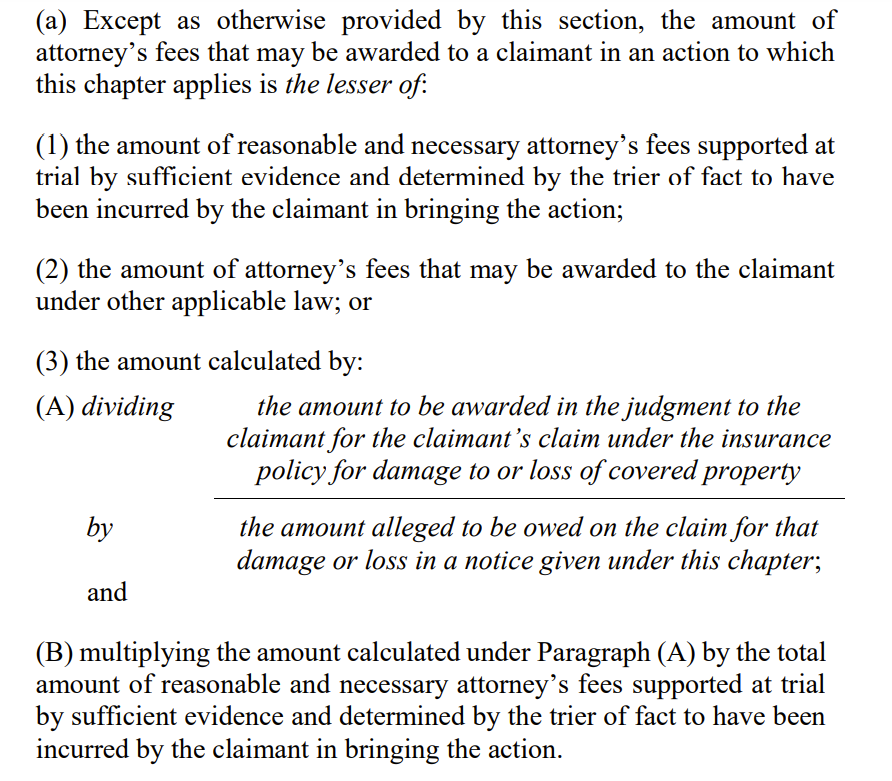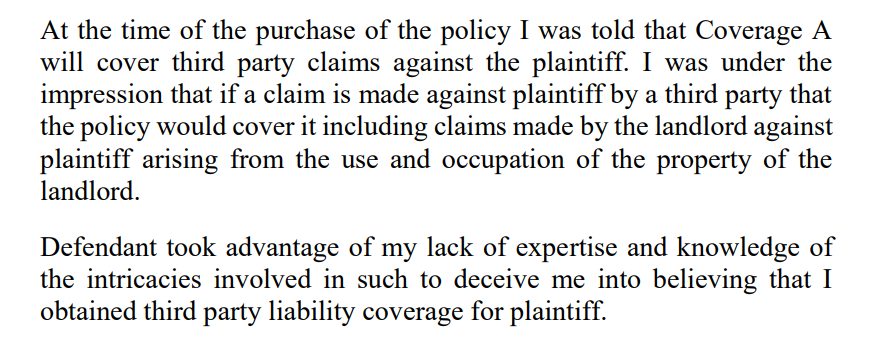 In Jackson v. Cole, the Fifth Court addressed the mention of insurance during trial, the preservation of that topic as appellate error, and the requirement of harmful error.
In Jackson v. Cole, the Fifth Court addressed the mention of insurance during trial, the preservation of that topic as appellate error, and the requirement of harmful error.
The record showed that on cross-examination, a friend of the plaintiffs described what she had been told about the car accident at issue. In doing so, the witness made two references to the exchange of insurance cards. Later, one of the plaintiffs made a similar reference to an insurance card. That testimony drew objection, after which the trial court gave a curative instruction. The plaintiffs won an approximately $300,000 verdict.
Preservation. The Court agreed that the plaintiff’s reference to insurance was improper. But the defense did not object to the curative instruction at the time it was made, and the record also showed that the jury was given then pattern instruction to “not consider or guess whether any party is covered by insurance unless I tell you to.” Error was not preserved, even as to the mention of insurance to which an objection had been made.
Harm. The Court detailed the trial evidence and held that “the mere fact that liability was ‘hotly contested’ due to conflicting testimony in this case, without more, has not demonstrated harm warranting reversal when the record contains evidence supporting the jury’s verdict.” From there, the Court observed that the references appeared to be inadvertent, that the defense had not challenged the sufficiency of the damages evidence on appeal, and that the trial court appeared to have actively supervised the handling of this issue. Thus, no harm was shown. No. 05-23-00424-CV (April 1, 2025) (mem. op.).












